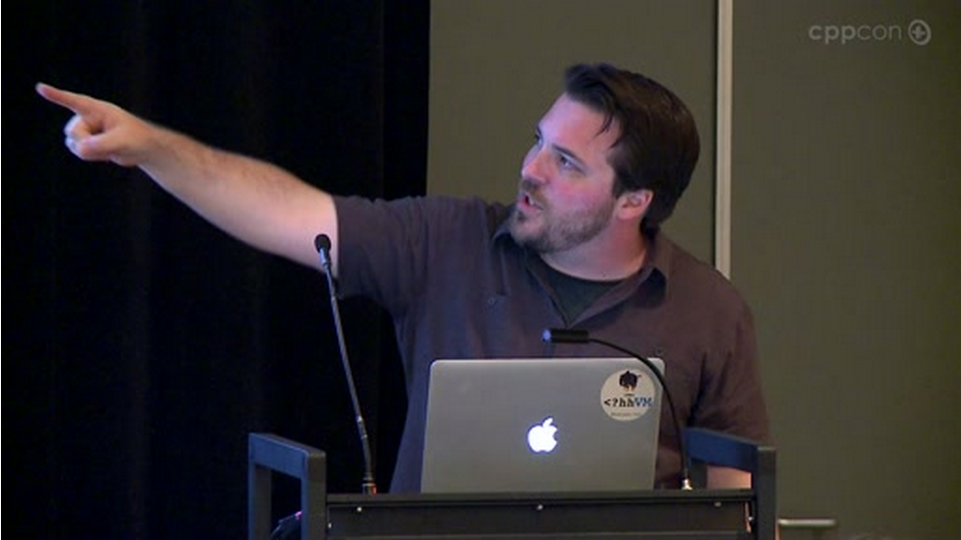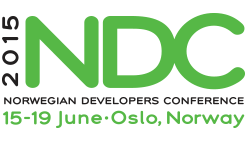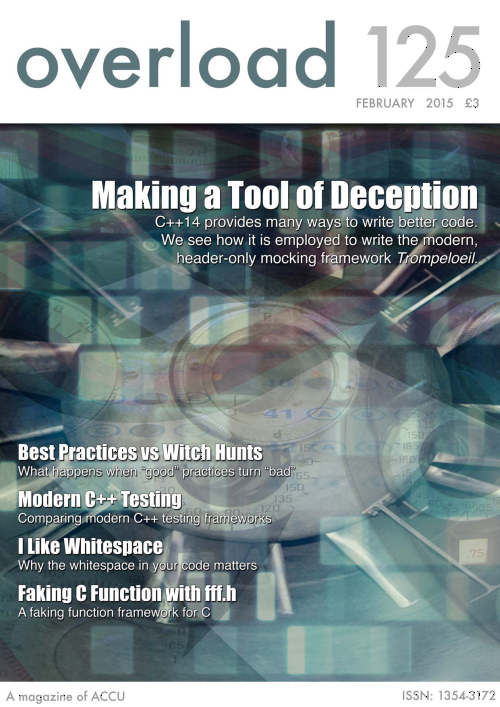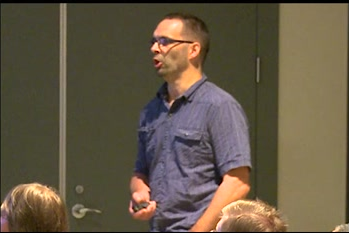The Rule of Zero revisited: The Rule of All or Nothing--Arne Mertz
In this article you will find a new rule of thumb:
The Rule of Zero revisited: The Rule of All or Nothing
by Arne Mertz
From the article:
In 2012, Martinho Fernandes coined the Rule of Zero in a blog post. In 2014, Scott Meyers wrote a blog post about a concern with that rule and proposed a Rule of Five Defaults.
Back then, I had written a small comment on Scott’s post that deserves some further elaboration. In this post I am going to wrap up my thoughts about the two posts and propose a “Rule of All or Nothing”...

 While we wait for CppCon 2015 in September, we’re featuring videos of some of the 100+ talks from CppCon 2014. Here is today’s feature:
While we wait for CppCon 2015 in September, we’re featuring videos of some of the 100+ talks from CppCon 2014. Here is today’s feature: There was a lot of interest for the
There was a lot of interest for the  A new article of interest for library developers:
A new article of interest for library developers:
 While we wait for CppCon 2015 in September, we’re featuring videos of some of the 100+ talks from CppCon 2014. Here is today’s feature:
While we wait for CppCon 2015 in September, we’re featuring videos of some of the 100+ talks from CppCon 2014. Here is today’s feature: While we wait for CppCon 2015 in September, we’re featuring videos of some of the 100+ talks from CppCon 2014. Here is today’s feature:
While we wait for CppCon 2015 in September, we’re featuring videos of some of the 100+ talks from CppCon 2014. Here is today’s feature: